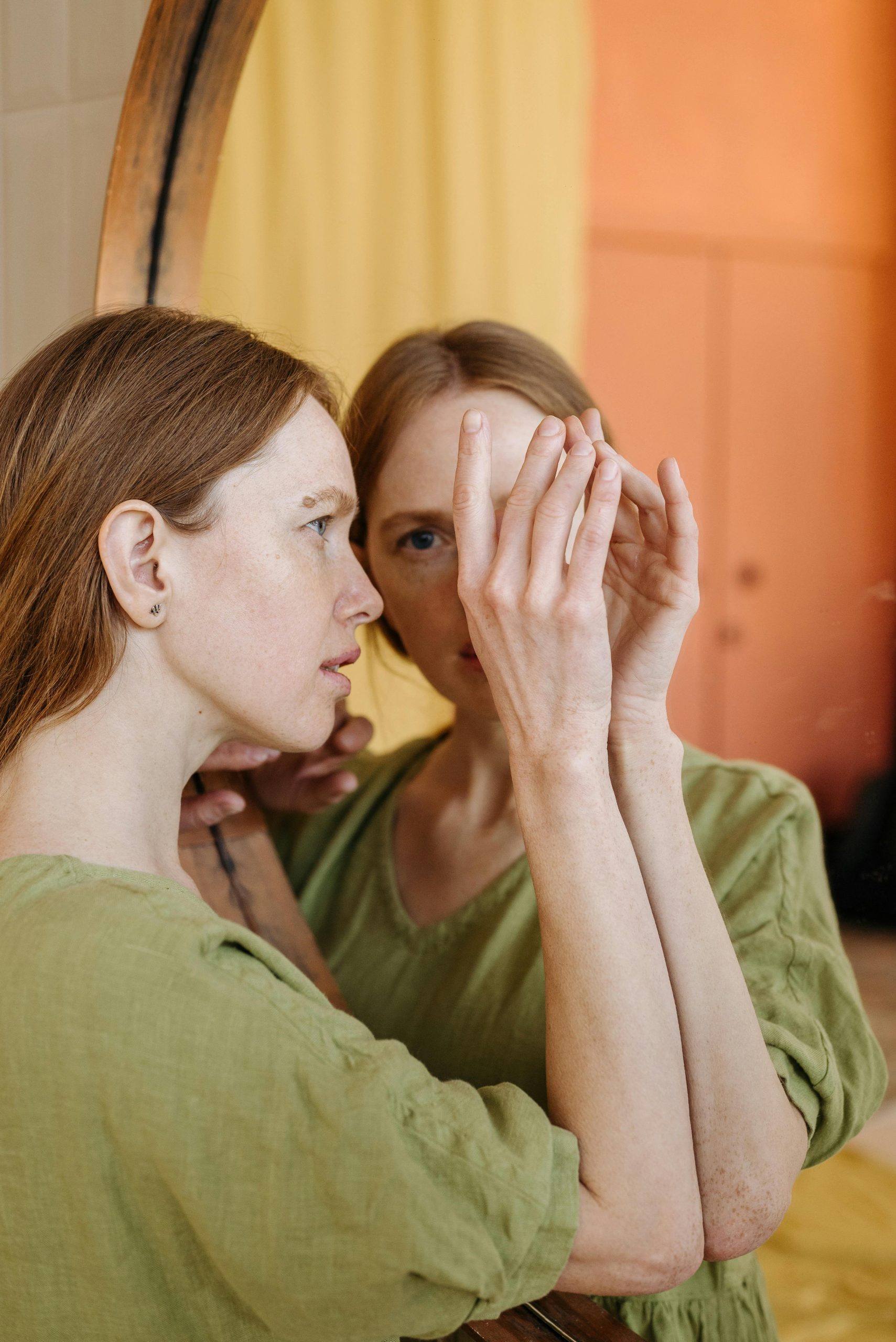The Self-Discovery Checklist: 10 Questions to Ask Yourself Today
It’s a busy world out there. It’s easy to get caught up in the day-to-day and lose touch with who we really are. We rush from task to task, without pausing to ask ourselves how we truly feel or what we actually want. That’s why making time for self-reflection isn’t just helpful, it’s essential.
When you take a step back and get to know yourself better, everything starts to shift. You begin to make more aligned choices, you feel more confident in your direction, and you build stronger, more meaningful relationships. It can even lead to greater career satisfaction and a deeper sense of happiness and purpose.
You can start this journey today! I’ve created a simple and powerful checklist of ten self-discovery questions. They’re designed to help you reconnect with your authentic self, uncover what truly matters to you, and bring more clarity and intention into your life.
Why Self-Discovery Matters
Self-discovery is the process of gaining deeper insight into your personality, values, desires, and goals. Research shows that people with higher self-awareness tend to make better decisions and experience lower levels of stress.
When we understand ourselves better, we can:
- make choices aligned with our true values;
- build more meaningful relationships;
- find greater purpose in our daily activities;
- navigate life’s challenges with more resilience.
10 Essential Questions for Self-Discovery
1. What activities make me lose track of time?
When you’re so absorbed in an activity that hours pass without notice, you’ve found something that truly engages your mind and spirit. Psychologists call this state flow and it’s often a sign you’re doing something aligned with your natural talents and interests.
Reflection tip: Make a list of three activities where you consistently experience flow, and consider how you might incorporate them into your regular routine.
2. What would I do if I knew I couldn’t fail?
Fear of failure prevents many of us from pursuing our dreams. By imagining a life without this limitation, you can uncover aspirations you may have buried.
Reflection tip: Write down your answer without censoring yourself. Then identify one small step you could take toward this goal.
3. What are my top five personal values?
Values serve as your internal compass. When your actions align with your values, you feel fulfillment. When they conflict, you experience dissatisfaction.
Reflection tip: Review a list of common values and select the five that resonate most deeply with you. Then assess if your current life honors these values!
4. What patterns keep repeating in my life?
Recurring situations or relationships often contain valuable lessons. According to Carl Jung’s concept of synchronicity, these patterns aren’t random coincidences but invitations to pay attention. For example, if someone keeps ending up in relationships with emotionally unavailable partners, it could point to a deeper need to explore their own emotional availability or past attachment experiences.
Reflection tip: Identify any challenging patterns in your life and consider what lesson they might be trying to teach you.
5. Who are the five people I spend the most time with?
Motivational speaker Jim Rohn famously said we become the average of the five people we spend the most time with. This idea, supported by social contagion theory, suggests that our social environment significantly shapes our behaviors and mindset.
Reflection tip: List your five closest companions and consider how each relationship affects your growth, happiness, and goals.
6. What limiting beliefs am I holding onto?
Limiting beliefs are assumptions that constrain us in some way. Cognitive behavioral therapy (CBT) techniques can help identify and challenge these self-imposed limitations.
Reflection tip: Complete the sentence “I can’t _____ because _____” several times, then challenge each statement’s validity.
7. What would my 90-year-old self advise me to do?
This perspective shift helps prioritize what truly matters in the long run. Research on temporal discounting shows we often favor immediate rewards over long-term benefits, which can lead to regret later.
Reflection tip: Write a short letter from your future self, offering wisdom about the choices you’re currently facing.
8. What am I most grateful for right now?
Gratitude practices have been extensively studied and shown to increase happiness and life satisfaction.
Reflection tip: Start a daily gratitude journal, noting three specific things you appreciate each day.
9. What would need to change for me to feel completely fulfilled?
This question helps identify gaps between your current reality and your ideal life. The concept of the hierarchy of needs developed by Abraham Maslow suggests that fulfillment comes when our fundamental needs are met, allowing us to pursue self-actualization.
Reflection tip: Consider each major life area (career, relationships, health, etc.) and note what would make each more satisfying.
10. If I had one year left to live, how would I spend it?
This powerful question cuts through trivialities and highlights what matters most to you. It invokes the concept of mortality salience, which can clarify priorities and values.
Reflection tip: Create a bucket list, then consider which items you can start working toward now, regardless of timeframe.
I’ve turned these 10 questions into a printable worksheet you can start using right away. I highly recommend writing your answers by hand, there’s something powerful about pen to paper that helps the insights stick.
How to Use This Checklist Effectively
For maximum benefit, approach these questions with:
- Honesty: Be truthful with yourself about your feelings and desires;
- Patience: Self-discovery is an ongoing journey, not a destination;
- Compassion: Treat yourself with the same kindness you would offer a good friend;
- Action: Use your insights to make positive changes, not matter how small.
Setting aside regular time for quiet reflection can reduce stress and enhance self-awareness. Dedicate 20-30 minutes in a quiet space to ponder these questions deeply.
Next Steps on Your Self-Discovery Journey
After completing this checklist, consider these follow-up activities to deepen your insights:
- Take a research-based personality assessment like the Big Five personality test;
- Start a regular journaling practice;
- Work with a licensed therapist or life coach;
- Join a personal development group;
- Book a call with Anonymous Friend and let’s talk about your life, your goals and the changes you want to make. We can catch up regularly and I’ll help you stay accountable 🧡
- Read books on self-discovery.
Getting to know yourself isn’t something you do once and forget about. Life changes, you grow, so self-discovery is actually a lifelong process. These ten questions can help guide you along the way, especially when you’re feeling stuck or unsure. Revisiting them from time to time can help you realign with yourself and make choices that truly feel right for you.
Don’t stress about finding a perfect, unchanging “true self”. This journey is about becoming more aware of your evolving nature and living in alignment with your values and aspirations.




